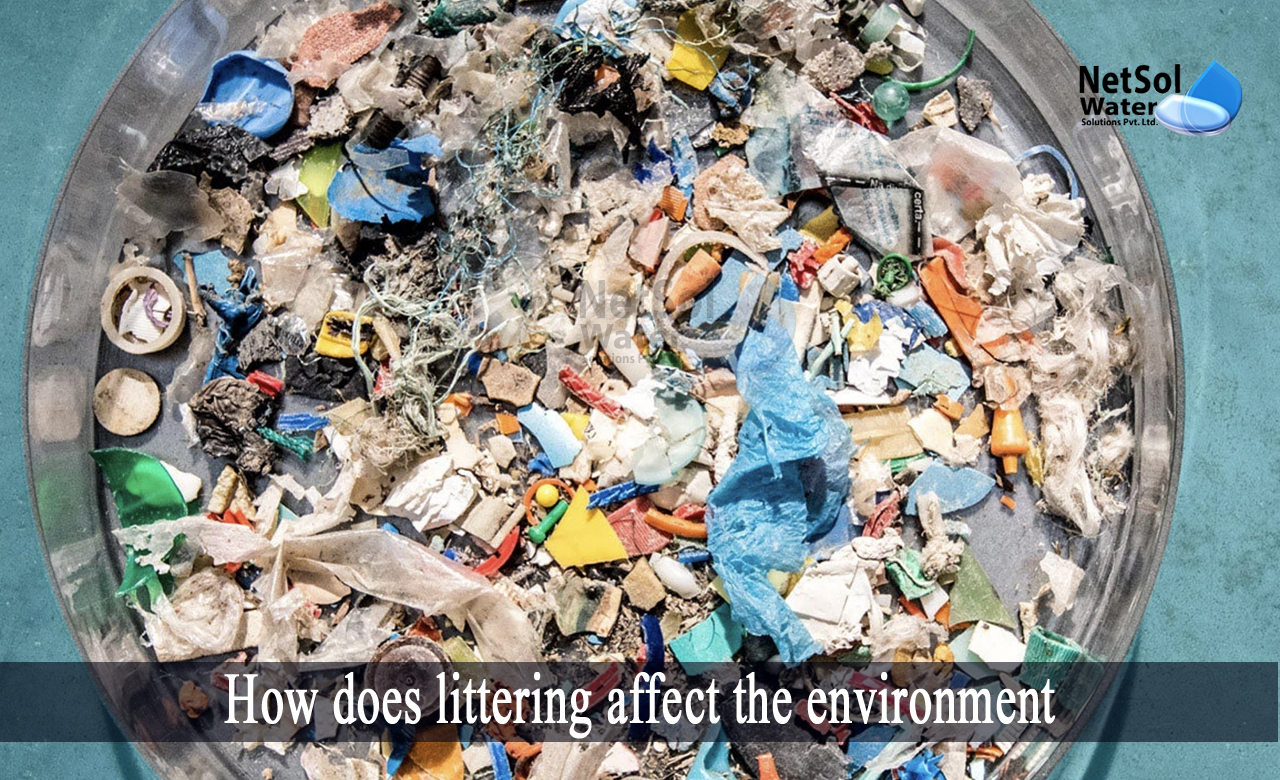Littering is defined as incorrect solid waste disposal. It can occur either purposefully or unintentionally, although both have negative environmental repercussions.
Most frequent littered items
Litter can take many forms; however, some items are more frequently strewn than others.
The following items are the most littered:
• Cigarettes butts
• Food packaging
• Plastic containers
• Single-use cups
• Shopping bags
• Straws
• Cans of beverages
• Vehicle and tire debris
Why do people leave litter?
To prevent littering, it is necessary to first understand why people leave litter. While, 19.9% of litter on land is caused by unsecured things in the back of trucks or waste cans, the vast majority of litter is created on purpose.
Motorists and pedestrians are responsible for approximately 76% of litter on highways.But why do people purposefully leave litter?
The explanation for littering is straightforward and often boils down to one of four reasons:
• Carelessness or laziness
• Inadequate access to waste cans
• Effective law enforcement
• Existence of waste in the area
What are the environmental consequences of littering? How does littering affect the environment?
· Litter causes pollution
Chemicals and microparticles are released as litter decomposes. These chemicals are not native to the environment and thus, can cause a variety of issues. Cigarette butts, for example, can include toxins like arsenic and formaldehyde. These harmful toxins can enter the soil, and the water sources, thus affecting both the humans and the animals.
Litter is almost responsible for 60% of water pollution. It can pollute the air in addition to polluting the water and soil. According to researchers, more than 40% of the world's litter is burned in the open air, which can emit harmful fumes. These emissions can cause respiratory problems, other health issues, and potentially serve as a starting point for acid rain.
· Litter kills wildlife
Every day, animals are unwitting victims of litter. Approximately, one million animals die, as a result of swallowing dumped waste each year.
Plastic litter is the most prevalent killer of wildlife, and marine animals are particularly vulnerable. Every year, over 100,000 dolphins, fish, whales, turtles, and other marine life die, as a result of becoming entangled in or digesting plastic waste.
· Litter facilitates the spread of disease
Trash that has been improperly dumped serves as a breeding ground for bacteria and diseases. Direct and indirect contact with litter can spread illnesses, viruses, and parasites.
Germs can be transferred directly by coming into physical touch with litter. This can occur as a result of picking up, touching, or inadvertently harming themselves, on improperly disposed of rubbish.Bacteria and parasites can also be transmitted to humans via an infected vector.
Solutions and prevention of littering
Attend Clean-ups: Participate in organized clean-ups to take a proactive approach to reducing littering. Working to clean up your community will not only benefit the environment, but will also beautify it.
Increase the number of public disposal bins: One of the reasons people litter is a shortage of public waste cans or overflowing bins, which are not emptied on a regular basis. Communities can help reduce littering by increasing the quantity of available waste cans, and the regularity with which they are cleaned.
Impose strict laws and regulations: Strong anti-litter legislation and regulations are an effective deterrent to littering. Litter rules are more likely to be followed by individuals and corporations, when there are substantial legal or financial penalties.
How can we help in reducing littering?
Netsol Water is devoted to solid waste disposal that is both safe and responsible. To do this, we provide a wide range of modern solutions, including solid waste management, wastewater treatment, sewage treatment, and much more.
We also advise our clients on how to avoid pollution by taking a sustainable approach, and using current remediation methods, including food waste converters, composting bins, green recyclers, etc. For additional information, call on +91 9650608473 or send an email to enquiry@netsolwater.com



